VICC program agreement between St. Louis City, County runs out of extensions, will begin phase out process
Sophomore Jeremy Lewis enters the school for the first day of return to in-person learning on Nov. 12. Lewis is a member of the VICC program and every school day makes the journey from St. Louis City to attend Lafayette High School.
January 12, 2021
The Voluntary Interdistrict Choice Corporation (VICC) program was implemented into school districts around St. Louis in 1981 in an attempt to reduce racial segregation. The program brings students of color that live in St. Louis City into other school districts in the St. Louis area to encourage diversity and provide more opportunities for the VICC students.
On the official website, the VICC’s mission statement is, “VICC is committed to building relationships, promoting diversity and providing choice while enriching lives through quality educational experiences.”
Unfortunately, the program is to be coming to a close as it is not legally able to continue.
On June 28, 2007, The Supreme Court held a ruling that districts were unable to assign students to schools based on race. This case occurred after a group of parents in Seattle sued their district for a violation of the Fourteeth Amendment and the Civil Rights Act of 1964 because of the district’s decision to allow students to choose their own schools. As a majority of students would favor certain schools, the district needed to find a way to admission certain students into the favored schools.
In attempt to create a diverse environment, the district decided to try and equalize the racial demographic of the students by prioritizing the races they were in need of, but resulted in the schools rejecting students of a certain color. Since the VICC is primarily based on the race of the students rather than their location, this ruling applies to the program and the VICC will have to be cancelled until the rules can be changed to turn the program into a location-based corporation.
There have been three extensions of five years each given since the agreement technically ended as the Board of Education has tried holding on to the program as long as possible. Since 2019, VICC has only been accepting students who are siblings of previous or current VICC students. As of right now, kindergarteners entering the Rockwood School District in the school year of 2024-2025 will be the last group of students to utilize the VICC program.
Rockwood Director of Educational Equity and Diversity Brittany Hogan said, “We are not a more racially diverse city since 1981, people still live in communities that look like them, that is reflections of their cultural experiences. So, since we have not broken these racial divides in terms of where people live, our schools are going to be very homogenous.”
Executive Director of Student Services Terry Harris fears how the end of the VICC program will affect VICC students, along with the students that live in the Lafayette community.
“The world is becoming extremely diverse. And yet, our school systems are not going to reflect the world. [The future generation] is going to graduate from Lafayette and enter a college that is completely opposite of Lafayette. The VICC program is a benefit to the students who reside in the city and now are coming out to St. Louis County, but the VICC program is also a benefit to students that are residents of Rockwood who are able to interact with people who don’t look like them. When the program ends, what we are going to see is a resegregated school system,” Harris said.
Harris was a part of the VICC program when he attended Lafayette as a member of the Class of 2000, and believes the VICC program benefitted his high school experience and ultimately the course of his life.
“I still have these memories that were just amazing. I had great teachers, we had experiences that I wouldn’t have experienced if it was in the city because our schools just didn’t have those resources,” Harris said. “I think it opened me up to music I didn’t know I liked because I was around different people, food I didn’t know I liked because I was around different people. I love being black, absolutely love it. Having the experience of interacting with individuals who are white, that live a different life than me, was amazing.”
Although Harris is unsure of how kids feel about the VICC program today, sophomore Jayla Jones shares a similar sentiment.
Jones, who’s been a part of the VICC program since she was in sixth grade, is grateful to be a part of the program.
“I felt as though the VICC program gave me the opportunities that wouldn’t have shown up if I were to stay at my old districts because the funding there isn’t where it needs to be at all,” Jones said.
Sophomore Jeremy Lewis, who has been a part of the program since 2017, believes students that live in the city are going to be heavily affected by this change.
“Sure, there will be some smart city kids, but not as smart as the kids out here because the education is better. [These schools] teach us about more stuff and it’s easier to understand, ” Lewis said.
According to the VICC website, the program has increased the graduation rate, attendance rate and achievement levels of students involved in the program.
“I’m really sad, this is really going to hurt the black community, especially the ones who are struggling in the public system right now,” Jones said. “There’s so many talented and amazing kids that we’re going to lose, I’m really bummed about it.”
For now, the plan to discontinue the VICC program and beginning to admit fewer kids into the program in the next couple of years is set to continue unless a modification can be made to prevent the cancelation.
“We have to keep talking about it. This is one of those times where I think the public can have an impact on it. I think we can’t wait too long, because that’s my fear, that people will realize it’s happening in a few years and it’ll be too late for us to do something differently,” Hogan said. “Now is the time to act if we’re going to change things.”
From his perspective as a graduate of the program now working with the program, Harris feels strongly about making sure VICC and district is as welcoming as possible for students.
“We were very intentional about making sure that no student was left out. So when all of those kids from the city got off the bus, every principal was down by the buses and would walk them up to the school. You’d see teachers outside their doors at the end of every class welcoming kids into their class. White kids, black kids, gay kids, straight kids; we’re very intentional. Regardless of whats going on in the world, when you step into Lafayette High School, when you walk down these halls, you’re family. That was my experience,” Harris said.




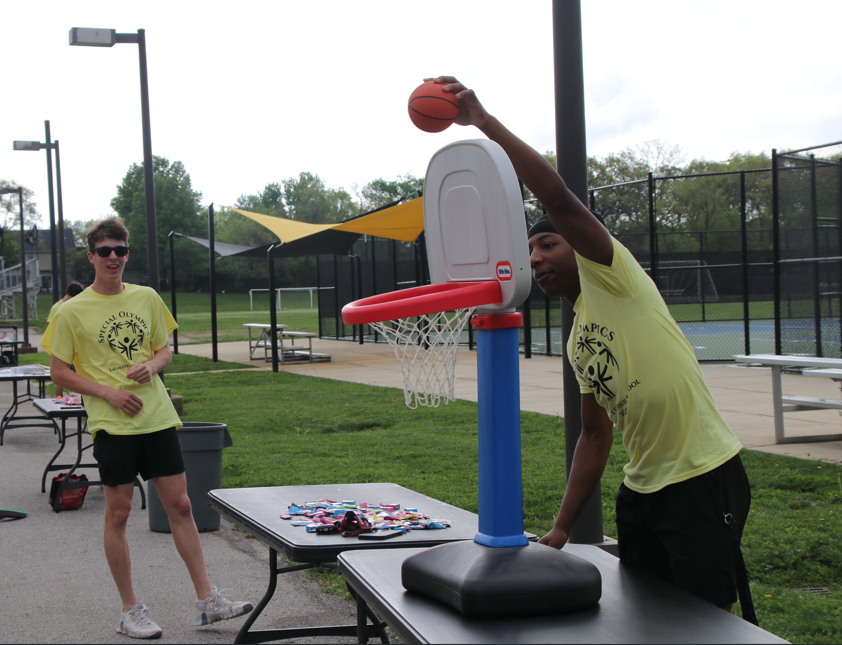
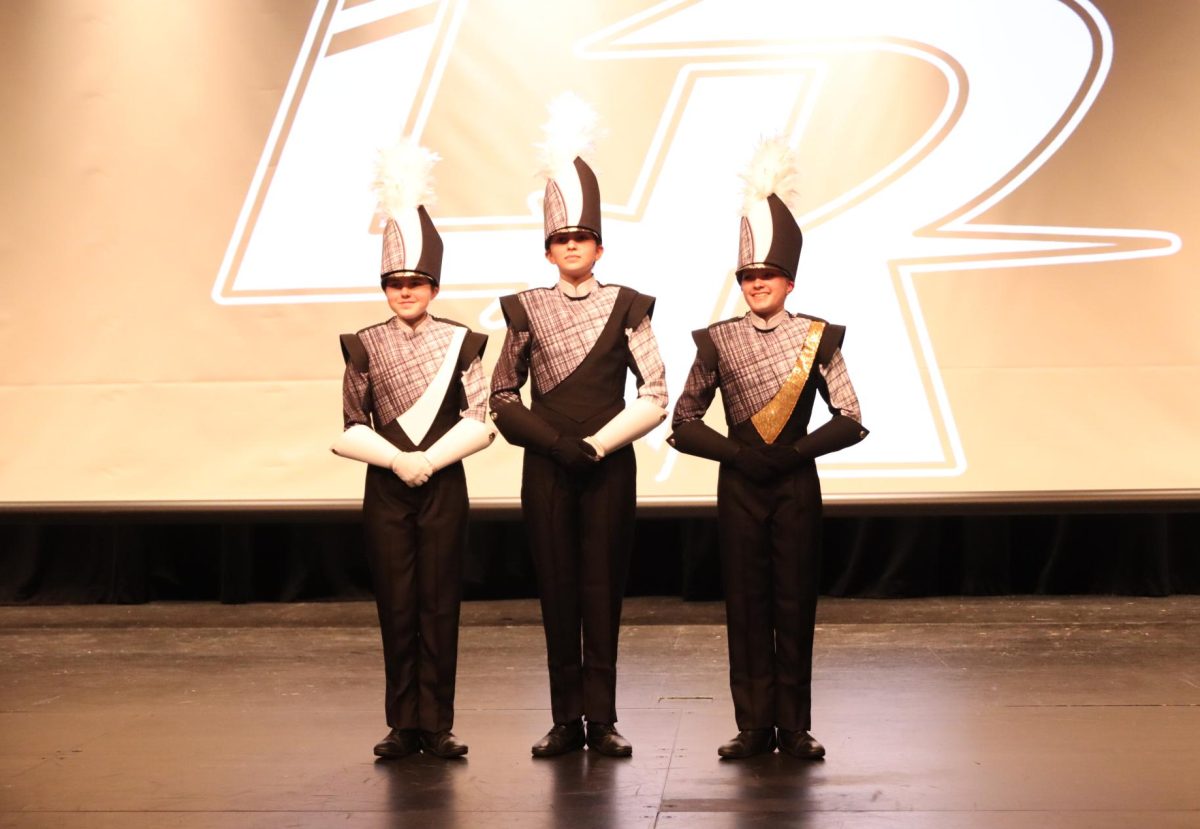

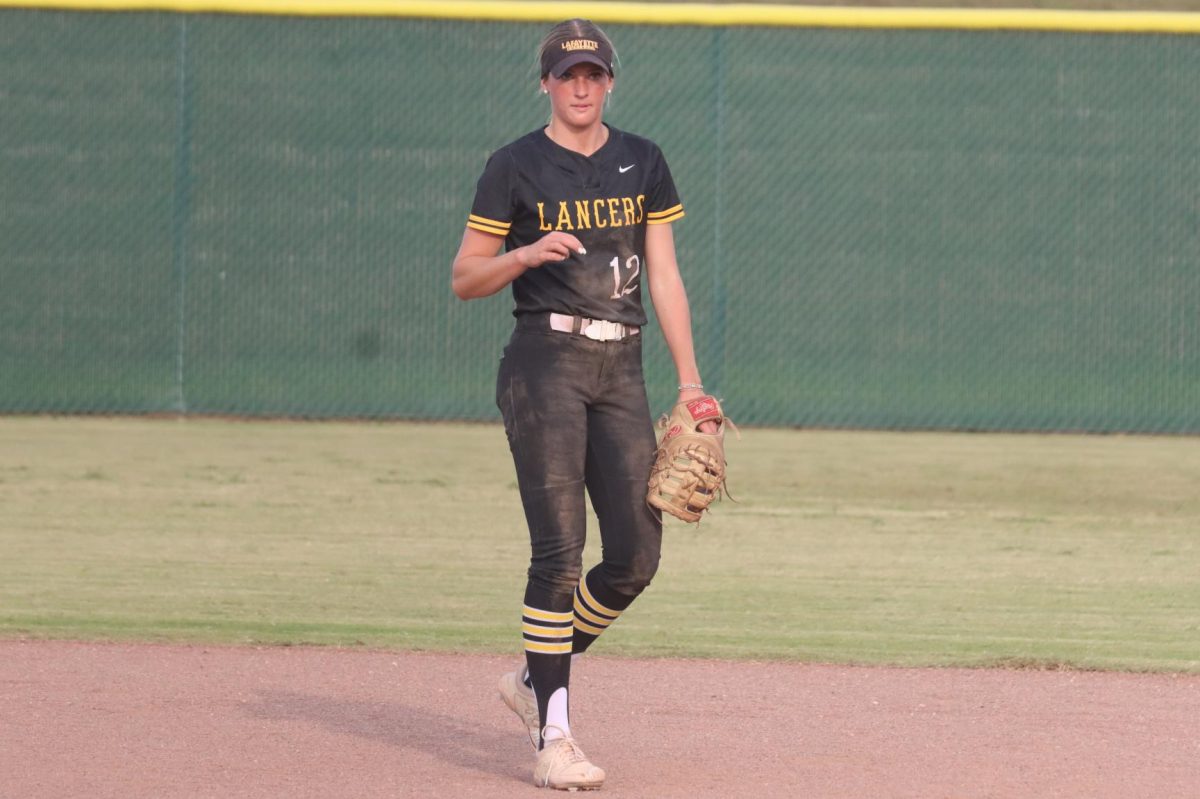

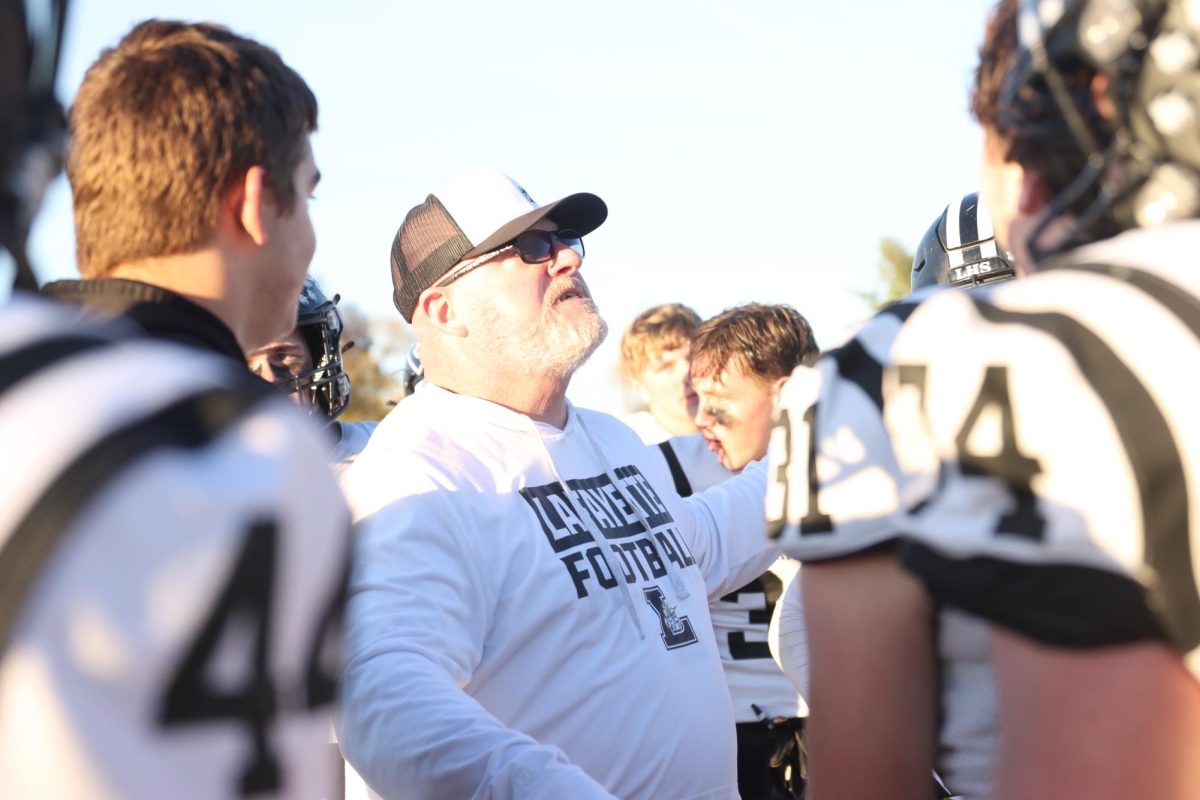
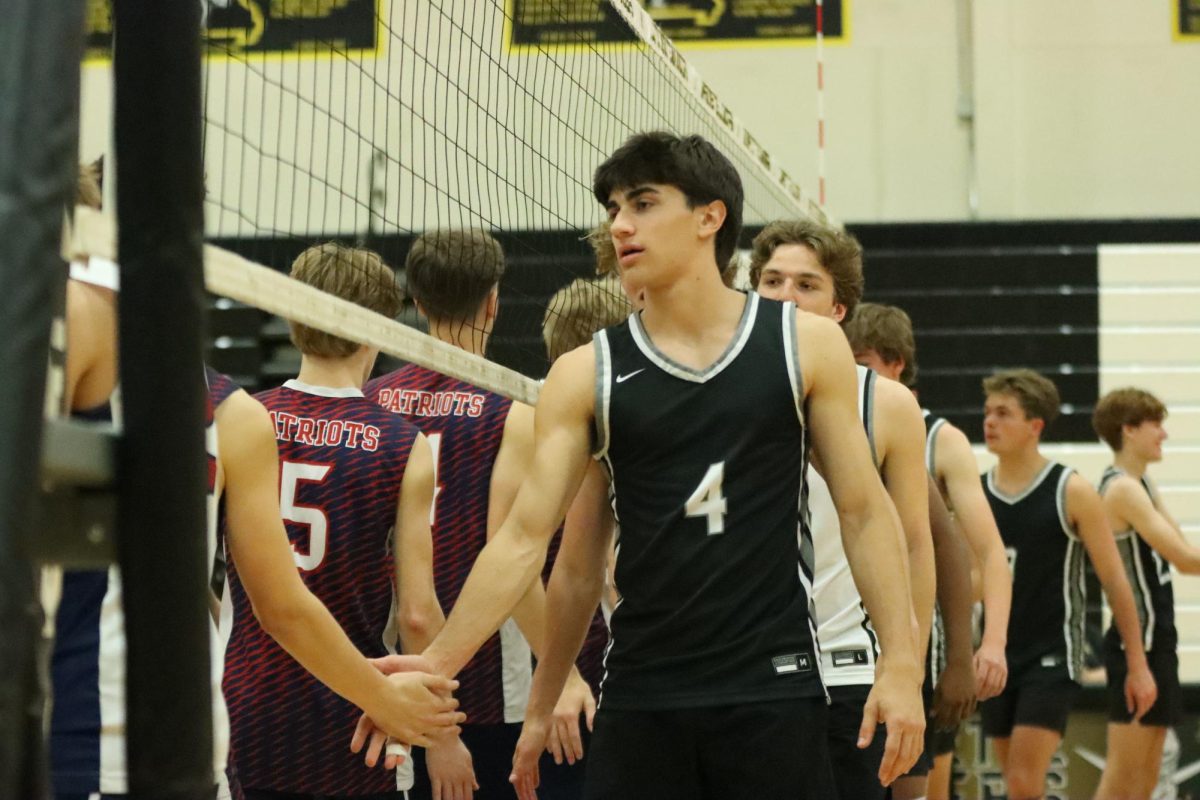




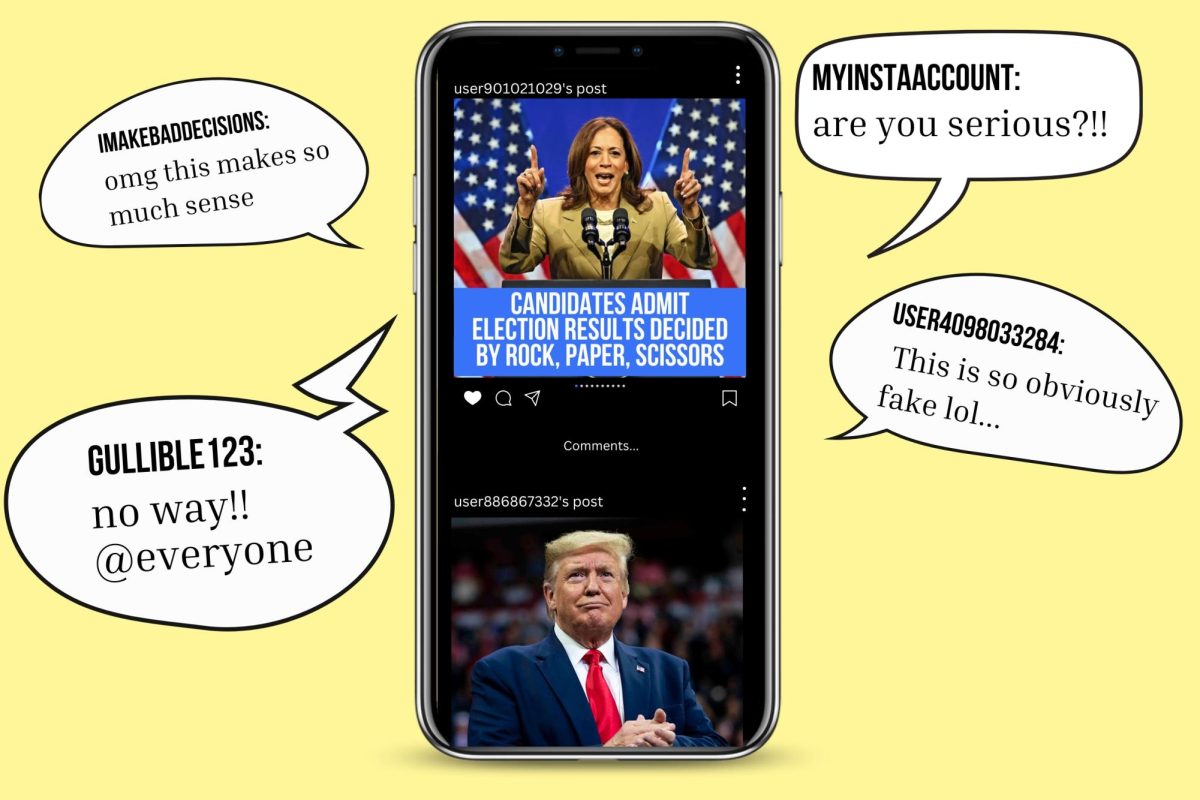




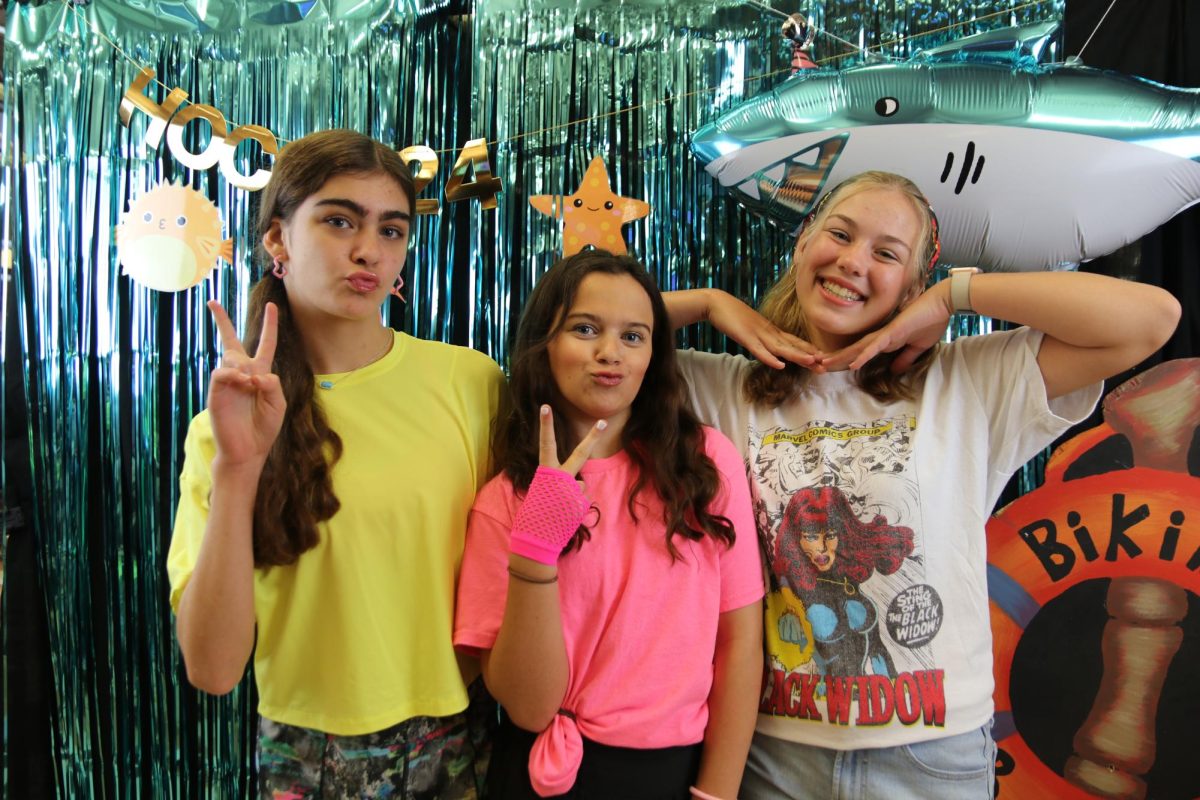












Vikram Ganesh • Jan 15, 2021 at 11:50 am
I highly believe that everyone should have access to quality education around the world; one of the primary reasons people move to certain areas is to ensure that their kids get a good education. However, not everybody chooses to move, or for this specific reason. With the VICC program switching to being location-based, it will have a huge impact on those using it; this modification can be made without the program being discontinued if we talk about it as mentioned above. If the program has the full support of the people, the changes can be made fast and efficiently.